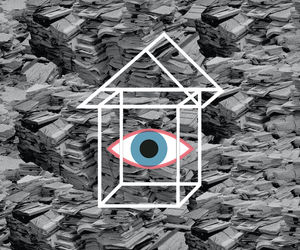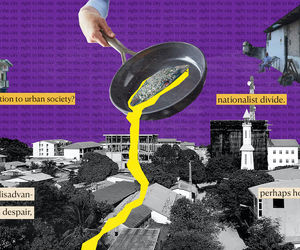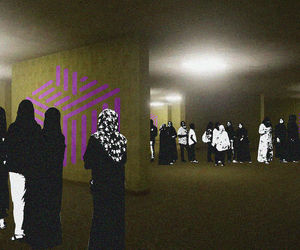Anger, U-turns and losing the right to vote in the Maldives: A Q&A
There are concerns about voter manipulation, transparency and confusion caused by the changes.

25 Jul 2018, 09:00
Recent weeks have seen the Maldives government tighten its grip on voting, with people being told where they can vote, how to (re)register and even who can help them to vote if they cannot mark the ballot paper themselves because of a disability.
While there have been some U-turns, there remain concerns about voter manipulation, transparency and the confusion caused by the changes.
Here is a Q and A about what is happening, why and the consequences of voters’ rights being eroded in the Maldives.
What has been happening?
Become a member
Get full access to our archive and personalise your experience.
Already a member?
Discussion
No comments yet. Be the first to share your thoughts!
No comments yet. Be the first to join the conversation!
Join the Conversation
Sign in to share your thoughts under an alias and take part in the discussion. Independent journalism thrives on open, respectful debate — your voice matters.




